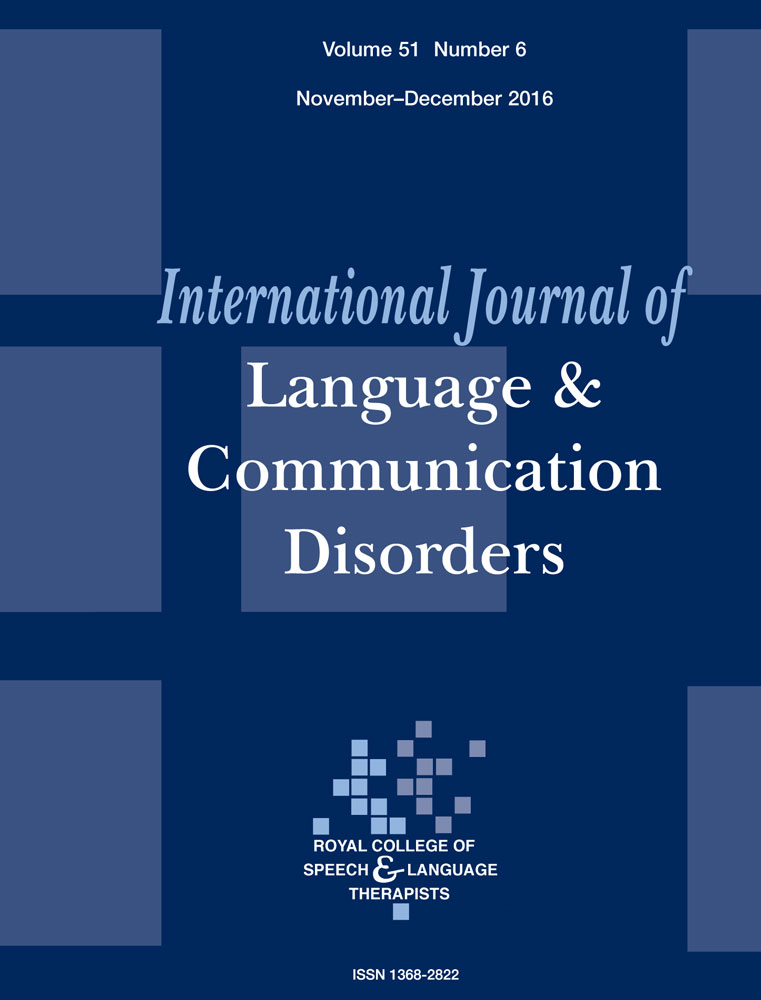Gender-related aspects of transmasculine people's vocal situations: insights from a qualitative content analysis of interview transcripts
Abstract
Background
Transmasculine people assigned female gender at birth but who do not identify with this classification have traditionally received little consideration in the voice literature. Existing analyses tend to be focused on evaluating speaker voice characteristics, whereas other factors that contribute to the production of vocal gender have remained underexplored. Most studies rely on researcher-centred perspectives, whereas very little is known about how transmasculine people themselves experience and make sense of their vocal situations.
Aims
To explore how participants described their subjective gender positionings; which gender attributions they wished to receive from others; which gender they self-attributed to their voices; which gender attributions they had received from others; and how far participants were satisfied with the gender-related aspects of their vocal situations.
Methods & Procedures
Transcripts of semi-structured interviews with 14 German-speaking transmasculine people served as the original data corpus. Sections in which participants described the gender-related aspects of their vocal situations and that were relevant to the current research objectives were selected and explored using qualitative content analysis.
Outcomes & Results
The analysis revealed diverse accounts pertaining to the factors that contribute to the production of vocal gender for individual participants and variable levels of satisfaction with vocal gender presentation and attribution.
Conclusions & Implications
Transmasculine people need to be regarded as a heterogeneous population and clinical practice needs to follow a client-centred, individualized approach.




